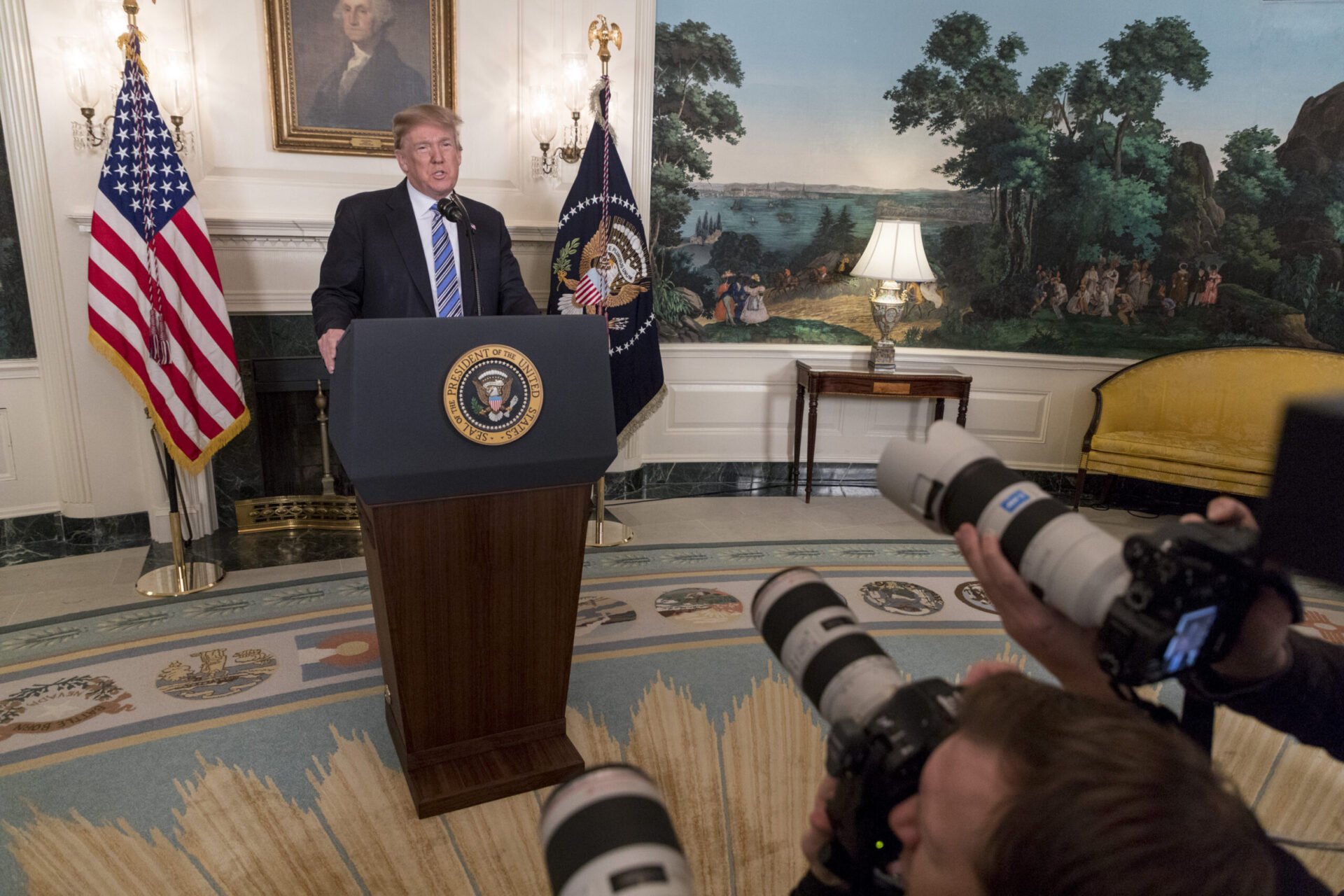(PBS) The indictment by Special Counsel, Robert Mueller detailed a coordinated scheme by Russians to interfere in the U.S. electoral process, boost President Trumps presidential campaign and undermine Hillary Clinton. The indictment alleges that the Russians posed as Americans on social media and bought misleading online ads, staged political rallies in the US without revealing their Russian identities or backing, and solicited and paid Americans to promote or disparage candidates. President Trump has called Russian meddling in the election a “hoax” and took to Twitter yesterday to reiterate his claim there was “no collusion” and that the Russian interference began in 2014 before he was a presidential candidate.
For more on the Russia indictments and the fallout, I’m joined by Kimberly Marten, a professor of political science at Barnard College and Columbia University. No surprise that the Russians said today, we don’t have the facts, this isn’t us, etc., etc.
KIMBERLY MARTEN:
The facts are pretty incontrovertible assuming that they can back up the statements that they made in the indictment because they got these people not merely on election interference but on things like wire fraud and identity theft. And what’s really interesting is that they seem to have access to emails and phone calls and internal documents that give the details about how the Internet Research Agency was divided up and as a corporation. So I mean the amount of evidence that they appear to have is really incredible. […]
Read/Listen © PBS
Also, listen to Mikhail Troitskiy interviewed on ABC Australia: Russian foreign minister dismisses FBI charges










